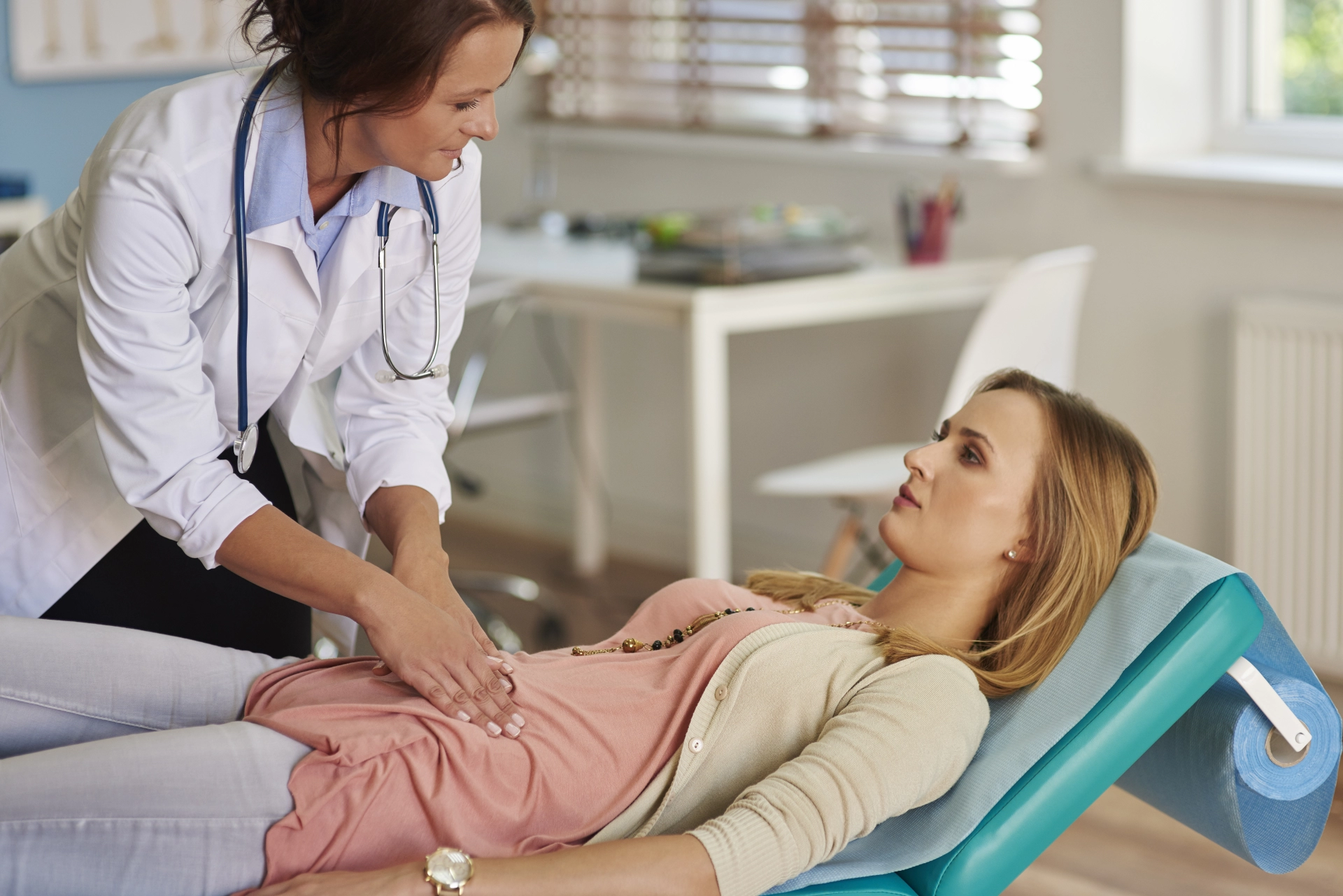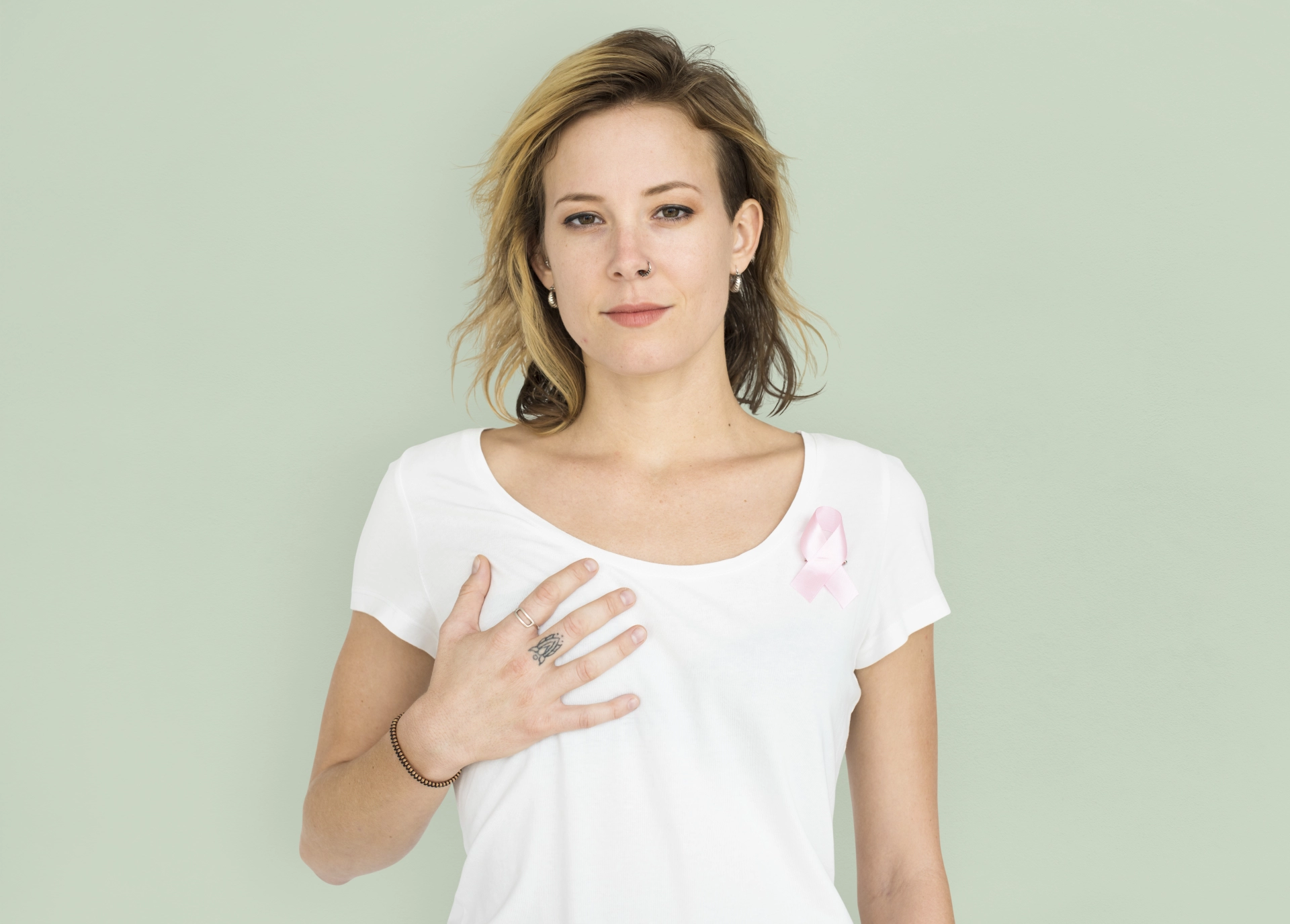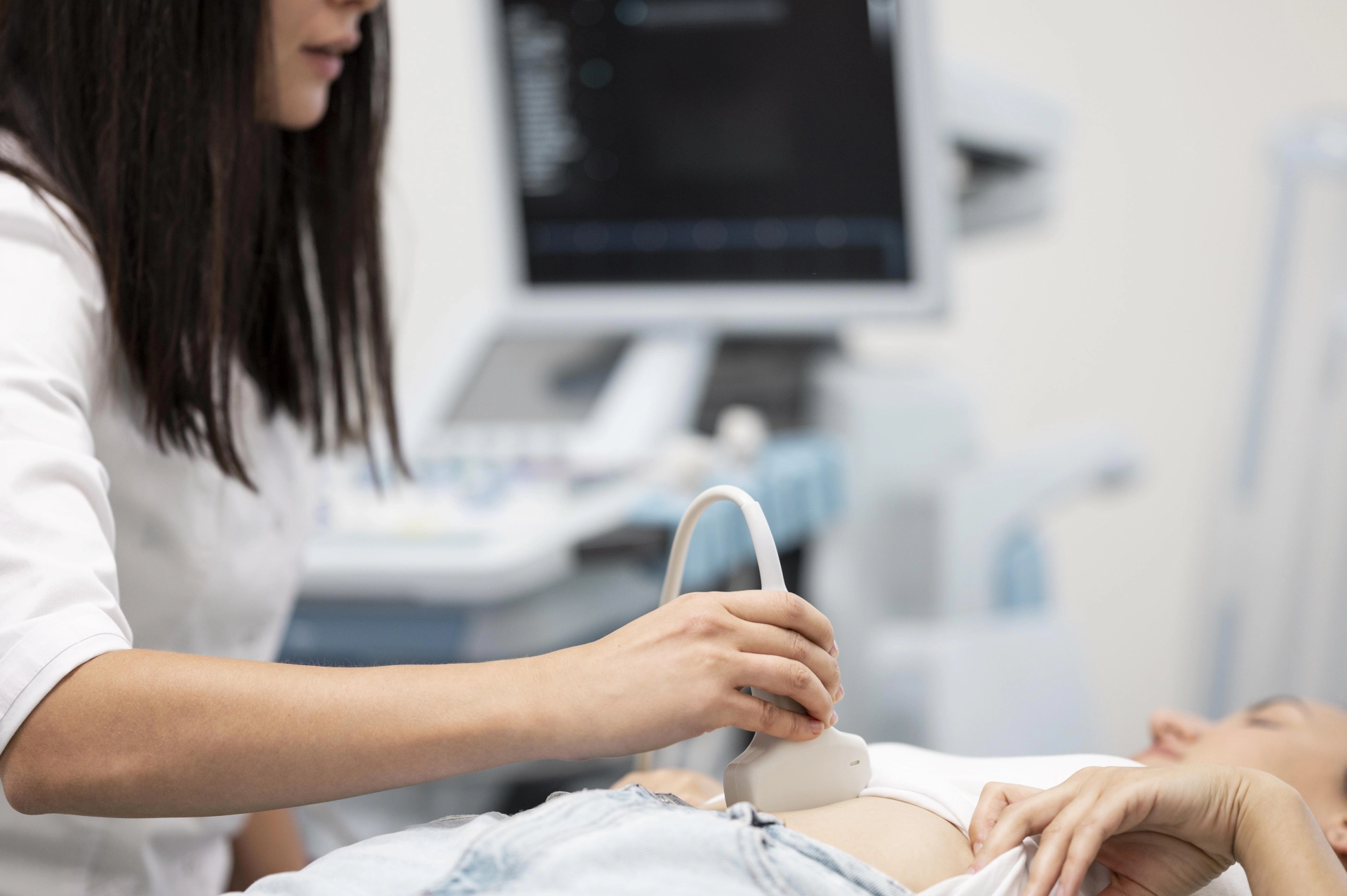Stress is a natural response to challenges but chronic stress can seriously harm your health. It increases the risk of mental disorders like anxiety and depression, cardiovascular diseases, sleep problems, digestive issues, memory difficulties, and more. When stressed, your brain releases adrenaline and cortisol. These hormones prepare your body for fight-or-flight by opening airways, increasing blood flow to muscles and brain, raising heart rate, tensing muscles, and activating the immune system. While useful short-term, prolonged exposure raises blood sugar and risks such as diabetes and hypertension.
Types of Stress
Acute stress
is short-lived and can help performance or survival.
Chronic stress
persists over time from ongoing problems like financial worries, relationship issues, or health conditions. Chronic stress needs managing to avoid serious health effects.
Health Effects of Chronic Stress
Chronic stress is linked to:
• High blood pressure
• Heart attacks and strokes
• Diabetes
• Irritable bowel syndrome
• Skin conditions like eczema
• Anxiety and depression
• Infertility
Controlling stress can help prevent or reduce symptoms of these conditions.
Signs of Excessive Stress
Symptoms include:
• Headaches, muscle pain, jaw stiffness
• Fatigue and low energy
• Skin rashes or acne
• Digestive problems (nausea, diarrhea, constipation)
• Blurry vision
• Weakened immunity and frequent illness
• Changes in sexual drive and menstrual cycle
• Weight gain or loss
• Sleep problems and dizziness
• Anxiety, nervousness, restlessness
• Difficulty concentrating or remembering
• Increased use of alcohol or drugs
If stress interferes with daily life or causes panic attacks, consult a healthcare provider.
How to Manage Stress
Engage in regular physical activity, which releases mood-boosting endorphins, improves sleep, immune function, heart health, and energy. Exercise is especially beneficial for retired first responders to manage stress. Practice relaxation techniques such as deep breathing, meditation, yoga, tai chi, or massage. Maintain social connections and spend time with family and friends. Set time for hobbies and enjoyable activities. Write in a journal to express feelings. Ensure enough sleep and eat a balanced, nutritious diet rich in B vitamins, omega-3 fatty acids, and magnesium, which support brain function and mood regulation. Avoid tobacco, alcohol, and illicit drugs. Stretch muscles regularly to relieve tension and reduce stress hormone levels.
Deep Breathing
Deep breathing calms the nervous system by activating relaxation responses, lowering blood pressure, reducing anxiety, and improving lung function. Diaphragmatic breathing is a simple method: breathe deeply so your belly rises, then exhale slowly, making exhales twice as long as inhales, repeating for 10 minutes.
Avoid Unhealthy Coping
Passive activities like watching TV, internet browsing, or gaming may feel relaxing but can increase stress over time. Many turn to unhealthy habits such as excessive drinking or smoking to cope, which worsen health. Recognize and replace these with healthier behaviors. Professional help can aid breaking bad habits and managing stress.
When to Seek Help
If you are unsure whether stress is causing your symptoms, or if self-help is not enough, see a healthcare provider. Therapy can identify stress sources and teach coping strategies. Seek emergency help if you experience chest pain, shortness of breath, dizziness, or other heart attack signs.
Though stress is inevitable, adopting healthy habits, seeking support, and making lifestyle changes can greatly reduce its impact. Regular exercise, relaxation practices, good nutrition, social support, and professional care form a comprehensive approach to stress management.






